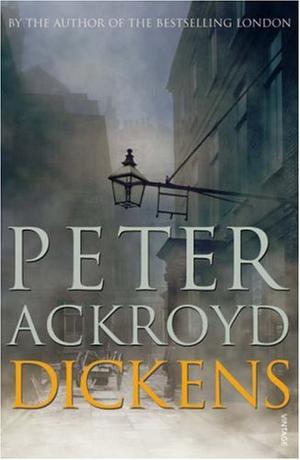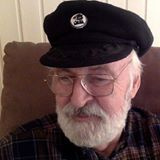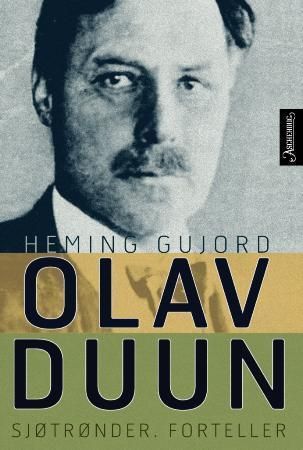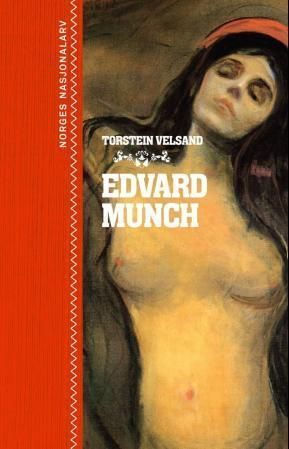Dickens
av Peter Ackroyd (forfatter).
Vintage 2002 Paperback
Bokdetaljer
Forlag Vintage
Utgivelsesår 2002
Format Paperback
ISBN13 9780099437093
Språk Engelsk
Sider 624
Finn boka på biblioteket
Finner du ikke ditt favorittbibliotek på lista? Send oss e-post til admin@bokelskere.no med navn på biblioteket og fylket det ligger i. Kanskje vi kan legge det til!
Bokelskeres terningkastfordeling
0 0 1 0 0 0Bokomtaler
Eg vart litt skuffa over biografien som Peter Ackroyd har skrive om Charles Dickens; det var mest fordi eg har lese boka hans om William Shakespeare tidlegare? Ackroyd registrerer det som skjedde og sper på med nokre sitat og har ein del velformulerte kommentarar, men elles blir dette nesten grått.
Men visst her er høgdepunkt; Ackroyd klarer å vise ganske fint korleis Dickens "relished the idiosyncrasies and mannerisms of his characters; once they had been created they continued to live within him as so many imaginary companions whom he delighted to introduce to others on appropriate occasions. What is more significant, perhaps, is the fact that he 'saw his characters in the same way that he had seen the characters of his childhood reading." Og slik held han fram med å fortelje kor levande romanfigurane vart for han som hadde skapt dei - og då er det vel ikkje så rart at dei blir levande for oss òg.
Eg finn berre éin feil i boka (eiptaph for epitaph, s. 138), men så kunne då forfattaren verkeleg ha vore flinkare til å føre opp og drøfte kjeldene sine!
Det er forresten viktig å få med seg at "Dickens actually underplayed the horror of life in the Yorkshire schools" (s. 142) - så var det altså verre på ordentleg!
I epilogen når Ackroyd dei høgene som boka om Shakespeare er så full av, så desse få sidene er det ein fryd å nyte.
Alt i alt gir boka god bakgrunn for å lese verk av neste års jubilant. Og eg kjem nok uansett til å skaffe meg biografiane om London (!) og Sir Thomas More.
Skriv en omtale Se alle omtaler av verket
Diskusjoner om boka
Ingen diskusjoner ennå.
Start en diskusjon om verket Se alle diskusjoner om verketSitater fra dette verket
'[Charles Dickens] astonished his schoolfellows by being the only one able to spell theatre, a feat which suggests not only his own early attachment to that place of entertainment but also the woeful ignorance of his classmates. [...]'
[Dickens's] servants were at first horrified by Italian food and Italian manners; their usual method of communication with the natives was to speak English verybloudly and very slowly, as if they were deaf rather than Italian, [...].
[In A Christmas Carol Dickens] brands himself as a true radical, even revolutionary: in this Christmas book, so hard a present for those who defended the satus quo, it is queite clear that Dickens really did despise the political system of his country as much as he loathed its social mores.
Charles Dickens's own memories of this school are far from complimentary, and in a speech much later in life he declared that "the respected proprietor of which was by far the most ignorant man I have ever had the pleasure to know, who was one of the worst-tempered men perhaps that ever lived, whose business it was to make as much out of us and to put as little into us as possible ..."
It was his [i.e. Dickens's] custom to walk nine or ten miles every morning, all the time thinking of the books he was about to write; [...].
Legg inn et nytt sitat Se alle sitater fra verket
Lister som inneholder dette verket
Faglitteratur som eg las i 2011.








